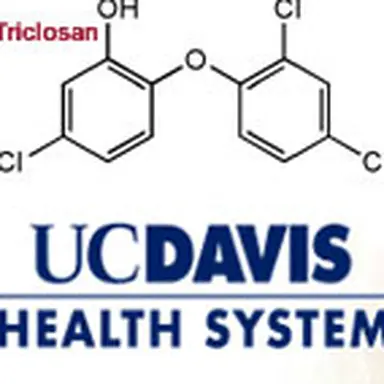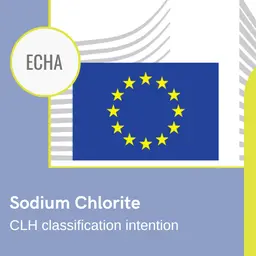
Triclosan, an antibacterial chemical widely used in hand soaps and other personal-care products, hinders muscle contractions at a cellular level, slows swimming in fish and reduces muscular strength in mice, according to researchers at the University of California, Davis, and the University of Colorado.
The investigators performed several experiments to evaluate the effects of triclosan on muscle activity, using doses similar to those that people and animals may be exposed to during everyday life.
" Triclosan is found in virtually everyone's home and is pervasive in the environment ," said Isaac Pessah, professor and chair of the Department of Molecular Biosciences in the UC Davis School of Veterinary Medicine and principal investigator of the study. " These findings provide strong evidence that the chemical is of concern to both human and environmental health ."
In "test tube" experiments, triclosan impaired the ability of isolated heart muscle cells and skeletal muscle fibers to contract. The team also found that triclosan impairs heart and skeletal muscle contractility in living animals.
" We were surprised by the large degree to which muscle activity was impaired in very different organisms and in both cardiac and skeletal muscle, " said Bruce Hammock, a study co-author and professor in the UC Davis Department of Entomology. " You can imagine in animals that depend so totally on muscle activity that even a 10-percent reduction in ability can make a real difference in their survival. "
" In patients with underlying heart …













